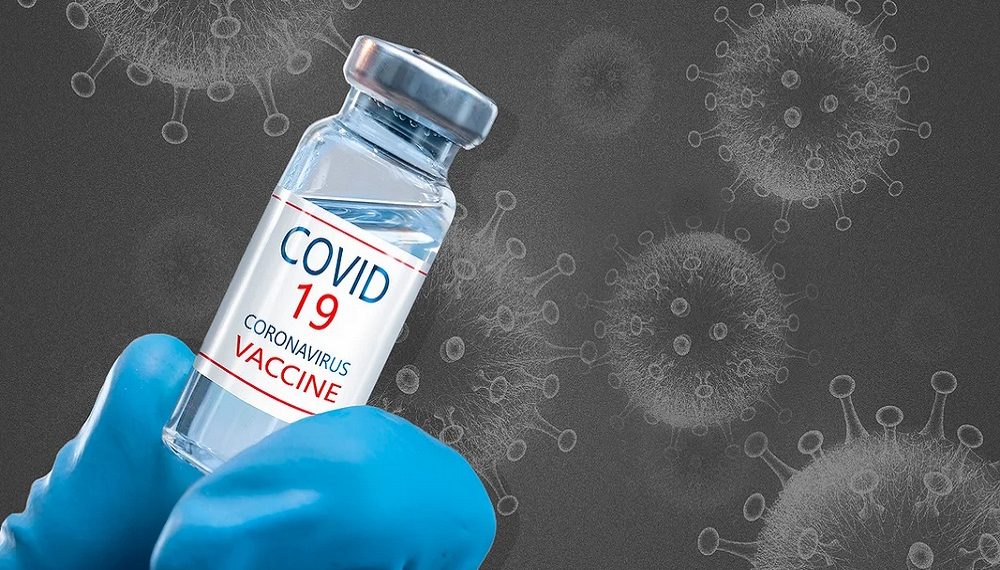On the opening day of the 19th edition of BioAsia, a special fireside chat between Dr. Sangita Reddy, MD, of Apollo Hospitals and Dr. Drew Weissman, the pioneer who has brought mRNA tech to vaccines, spotlighted a revolutionary revelation about the future of coronavirus vaccination. Dr. Weismann spoke extensively about pancorona viruses, the state of healthcare costs, and the future of mRNA in therapeutics during a conversation with Dr. Sangita Reddy, MD, Apollo Hospitals. Dr. Weissman, a globally renowned researcher in mRNA technology for the rapid development of effective COVID-19 vaccines, discovered the modified nucleoside ability in RNA to quash the reactivity of innate immune sensors and boost the conversion of the nucleoside-modified mRNA in collaboration with Dr. Katalin Karikó. This groundbreaking discovery was used in the first two COVID-19 vaccines endorsed by Pfizer and Moderna, both of which used it.
The extraordinary efficacy of the modified RNA vaccines was a stunning result. Within 12 days of the second dose, infections were eradicated from the vaccinated individuals, with an efficacy rate of nearly 95%. According to Dr. Weissman, when mRNA is injected, it causes severe inflammation, killing the tissue. However, they developed a new type of RNA that is non-inflammatory, and this RNA is extremely effective and safe when used during inoculations. He adds that over a billion people have received RNA vaccines to date with almost no adverse events.
Because RNA is a complex molecule that is relatively easy to synthesise, it is a suitable and cost-effective technology to integrate into all other vaccine development efforts. Dr. Weissman is actively developing additional vaccines based on mRNA to induce sturdy antibody and T-cell responses. As far as the development of future vaccines is concerned, Dr. Weissman opines that they are working on a diverse array for a range of pathogens, such as HIV, HCV, HSV, malaria, influenza, and pancorona viruses. Additionally, he went on to say that they are developing vaccines against food allergies, cancer, immune disorders, therapeutic applications, and in vivo gene therapy.
Dr. Sangeeta Reddy discussed the impending next big scare – COVID’s third mutation, following Delta and Omicron. Dr. Weissman noted that coronavirus, like all other RNA viruses, is highly susceptible to mutation. He says that variants will continue to emerge as long as there is pervasive infection. He points out that only 15% of Africa has been inoculated, and immunisation of only a small percentage of the world’s population has taken place. Until the entire world is immunised, the virus will continue to mutate. That is what he believes in. Dr. Weissman observes that there are two options here; continue developing new vaccines whenever a new variant is discovered, and keep in mind that these variants only live for a short time in order to keep this cycle going.
Dr. Weismann confirms that they are developing a pancorona virus vaccine that will provide protection against all coronaviruses. There have been three coronavirus epidemics in the last two decades, and more are likely. As a result, they are working on developing a vaccine that will prevent any coronavirus from transmitting to humans. The vaccine, as per him, looks promising.
The future of mRNA technology is said to be extremely promising, with a plethora of applications. Additionally, it can be used therapeutically. Dr. Weissman and his lab personnel hope to develop mRNA therapy as a means of reducing inflammation in neurologic, stroke, and embolic events. His greatest hope is its usage in gene therapy, as someday, genetic diseases such as cystic fibrosis may be treatable.
Dr. Weissman also expressed optimism for India’s enhanced cooperation in the development of mRNA production sites. In his concluding remarks, he spoke out strongly against vaccine misinformation. He said that, on a systemic level, therapeutic equality is critical. With cost as the primary hindrance, government and privately funded research can contribute magnanimously to lowering costs and making it accessible to all.



















